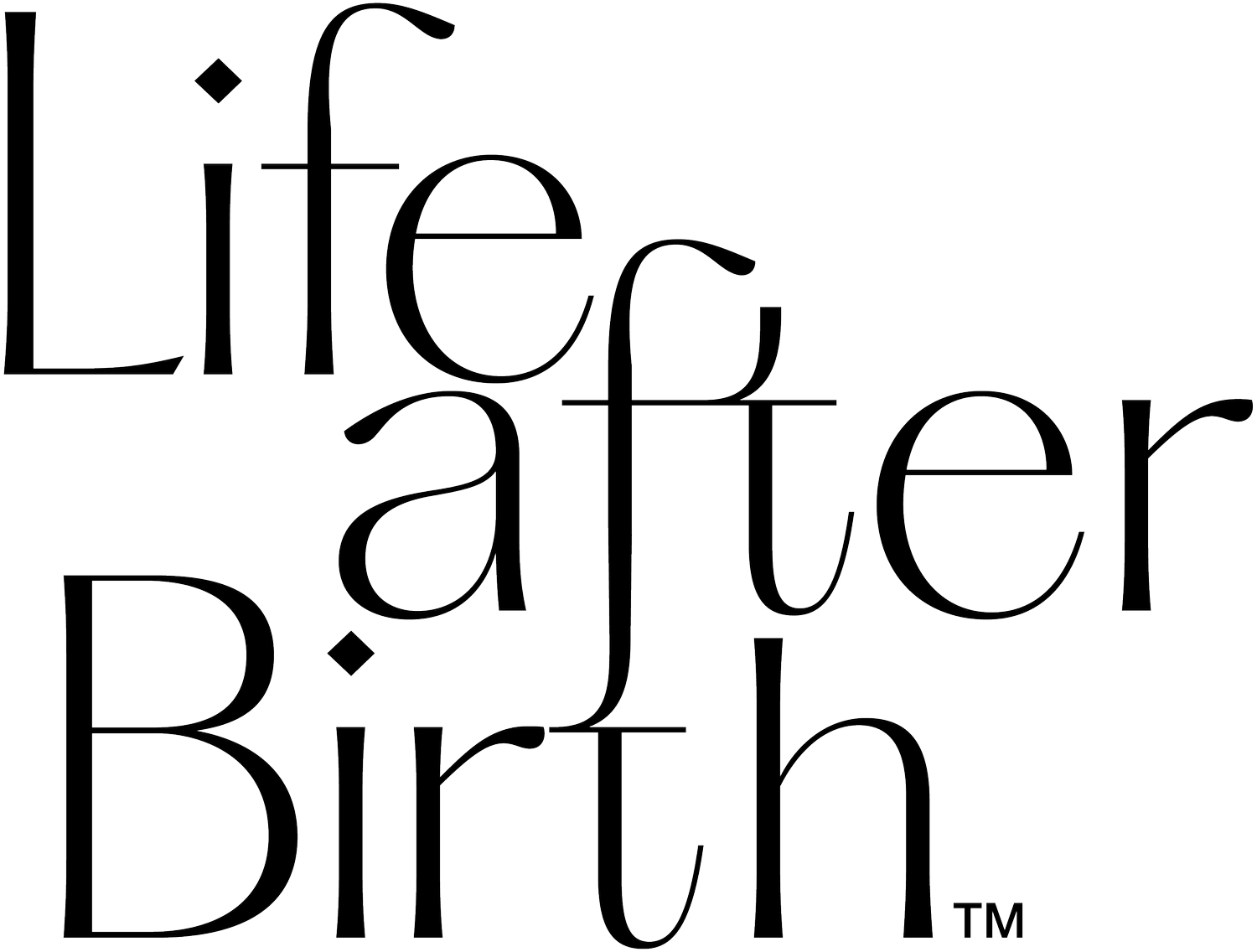Should I Take a Postpartum Supplement?
Byline: Bird&Be
Throughout pregnancy, you’ve taken your prenatal—and for good reason. Those vitamins and nutrients helped support your growing babe and your changing body. Should you keep taking those supplements postpartum? Considering that recovering from labor and childbirth is often a year-long process (and that new parenthood comes with new challenges, both physical and emotional), getting all the help you can makes sense.
While keeping up with a healthy postpartum diet is great, new parents know it’s not always easy to get a balanced (or hot) meal. But, you can gain quite a bit of support from a daily supplement—even better if it’s specifically formulated for the fourth trimester’s unique requirements, like Bird&Be’s The Postpartum (more on that in a sec). Postpartum supplements can help with:
Your energy levels
Your mood, including effects on postpartum depression
Your immune system
Your baby’s nutrient intake (if you’re supplying breastmilk)
Here are the vitamins that can make a difference in your postpartum healing journey and why they’re included in The Postpartum:
Iron
Having low iron can make you feel tired—and with a newborn you don’t need any extra help feeling tired. And if you had any blood loss during your labor, you’re likely feeling the effects of low iron. Getting those stores back up ensures your fatigue isn’t compounded thanks to a deficiency in iron.
2. B Vitamins
Folic Acid (B9), B6, and B12 work together and affect the function of your neurotransmitters (mood-related chemicals like serotonin and dopamine). They also help support your energy and can be passed to your baby if you’re nursing. B6 has even been shown to reduce postpartum depression scores in high-risk cases.
3. Vitamin D
The sunshine vitamin can help influence postpartum mood, but most of us don’t get enough from the actual sunshine (especially in North America). Supplementing is key, and is another vitamin that can be passed to your baby through breastmilk. When you add Bird&Be Calcium + Magnesium + Vitamin D Boost to your postpartum routine (it can be taken alongside The Postpartum) you also get wonder-workers Calcium and Magnesium, key minerals that can help with energy and sleep.
4. DHA
Omega-3 Fatty Acids like DHA are important for brain function and development, and you can pass them to your newborn when nursing—it’s important to get enough to supply both you and baby if nursing.
5.Vitamins C and E
These vitamins work great when paired together, and tend to be low during the postpartum period. They help with immune support and cardiovascular health.
Get all of these vitamins and minerals (and more!) in the correct, bioavailable doses in Bird&Be’s The Postpartum supplement. You can even support your milk supply if you’re nursing by adding the Lactation Boost—just one less thing to worry about as you’re nursing or pumping. The supplements come in 30-day packs in easy once-a-day sachets—the ultimate in convenience for new parents.
